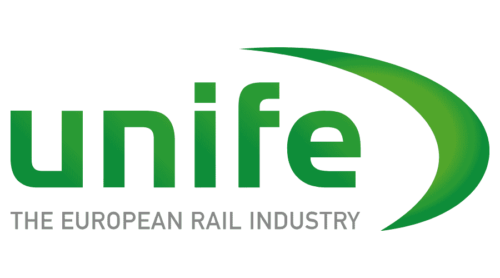FOURTH RAILWAY PACKAGE – RAIL SECTOR NEEDS TECHNICAL PILLAR
Today’s situation is proving challenging for the railway sector and the competitive performance of the railways as a mode of transport. The authorisation and certification procedures are costly and time consuming. The overall authorisation process for vehicles in Europe can last longer than two years, immobilising assets worth EUR 1.2 billion that are waiting for authorisation and cannot be put in service.
The authorisation and certification processes must be simplified as quickly as possible and the European Railway Agency (ERA) must become progressively a one-stop-shop for authorisation and certification. To achieve that, there shall be an evolutionary plan for competencies growth at ERA and clear responsibilities for single safety certificate and vehicle authorisation.
The European rail sector regards the simpler and quicker authorisation and certification processes as a pre-condition for achieving the objectives set by the European Commission’s 2011 Transport White Paper: increase capacity of the railway system and build the Single European Railway Area. They are furthermore needed to increase the competitiveness of the sector vis-à-vis other modes of transport in order to attract citizens and goods to railways for a sustainable, and potentially carbon-free transport system.
The European rail sector encourages the European Parliament and the European Council to reach an agreement during the current parliamentary mandate, starting from the forthcoming Transport Council meeting on 10 June, and to not miss this historic opportunity to revitalise the European railway system.
CER Executive Director Libor Lochman added: “The discussions about the Technical Pillar are now heading into the right direction and need to be accelerated. CER shares the opinion of the necessity for a stronger European Railway Agency acting as a one-stop-shop and deciding about vehicle authorisation, safety certification and trackside ERTMS, while cooperating closely with the national safety agencies."
UNIFE Director General Philippe Citroën highlighted: “The sector has long been calling for what the European Commission has proposed in the Technical Pillar. It must be adopted during this parliamentary term to give a needed boost to the development of rail industry in Europe."
UIP Secretary General Gilles Peterhans stated: “If we want one day to see a competitive rail freight market at European level, the streamlining of administrative procedures, the setting of clear roles and responsibilities and the removing of superfluous national regulation are the priorities we all need to care about at hand.”
EPTTOLA President Tim Gilbert commented: “The proposals in the technical pillar, along with the detail recommendations for simplifying and speeding up authorisations, are essential for the industry.”
UITP Secretary General Alain Flausch concluded: “The regional and suburban rail operators of UITP support the enactment of the technical pillar with an emphasis on a clear and undisputable exclusion from under the scope of the legislation of the functionally separated local, suburban and regional passenger railway lines.”
